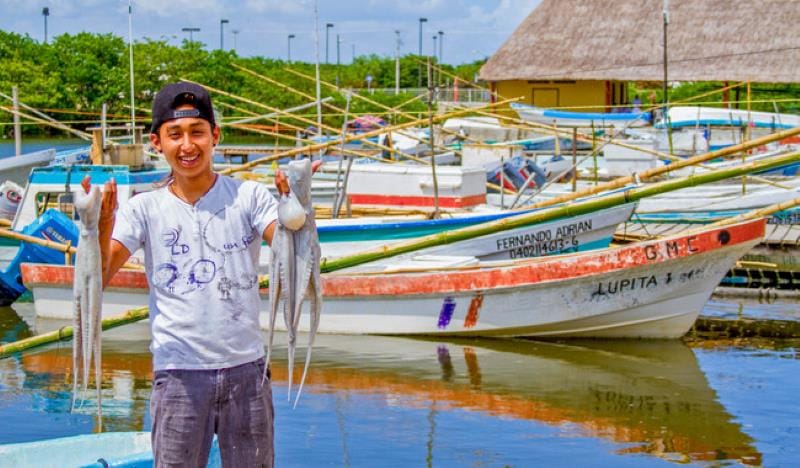The Mayan Octopus and Its Geographical Indication
The Mayan octopus, a culinary treasure from the Yucatan Peninsula, has been granted Protected Geographical Indication (PGI) status. This distinction ensures sustainable fishing practices and protects the species' unique characteristics.

In a landmark achievement for marine conservation and local industry, the Mayan octopus from the Yucatan Peninsula has been granted the Protected Geographical Indication (PGI), making it the first of its kind for a fishery in Mexico. This designation not only elevates the status of the Mayan octopus to that of a national treasure but also ensures that its harvesting will be conducted under sustainable production practices. The Ministry of Agriculture and Rural Development announced this significant milestone, highlighting the importance of preserving both the species and the traditional fishing methods that sustain it.
Published on August 23 by the Mexican Institute of Intellectual Property (IMPI) in the Official Gazette of the Federation (DOF), the PGI status marks a new chapter in the sustainable management of marine resources in Mexico. The designation safeguards the Mayan octopus as a national asset, confining its capture and commercialization exclusively to the fisheries within the Yucatan Peninsula—specifically the states of Yucatan, Quintana Roo, and Campeche. This carefully regulated zone, rich in unique marine biodiversity, will now be the sole source of this sought-after cephalopod, reinforcing the region's cultural and economic ties to its waters.




